Food is essential for our survival and well-being. Consuming food has a significant impact on our physical and mental well-being. Maintaining a healthy weight, reducing the risk of chronic diseases, and promoting overall wellness all hinge on eating a balanced and nutritious diet. In this blog post, we will discuss 30 foods that can help you achieve a healthier you!
Avocado:
Packed with healthy fats and fibre, avocados are great for heart health and digestion.
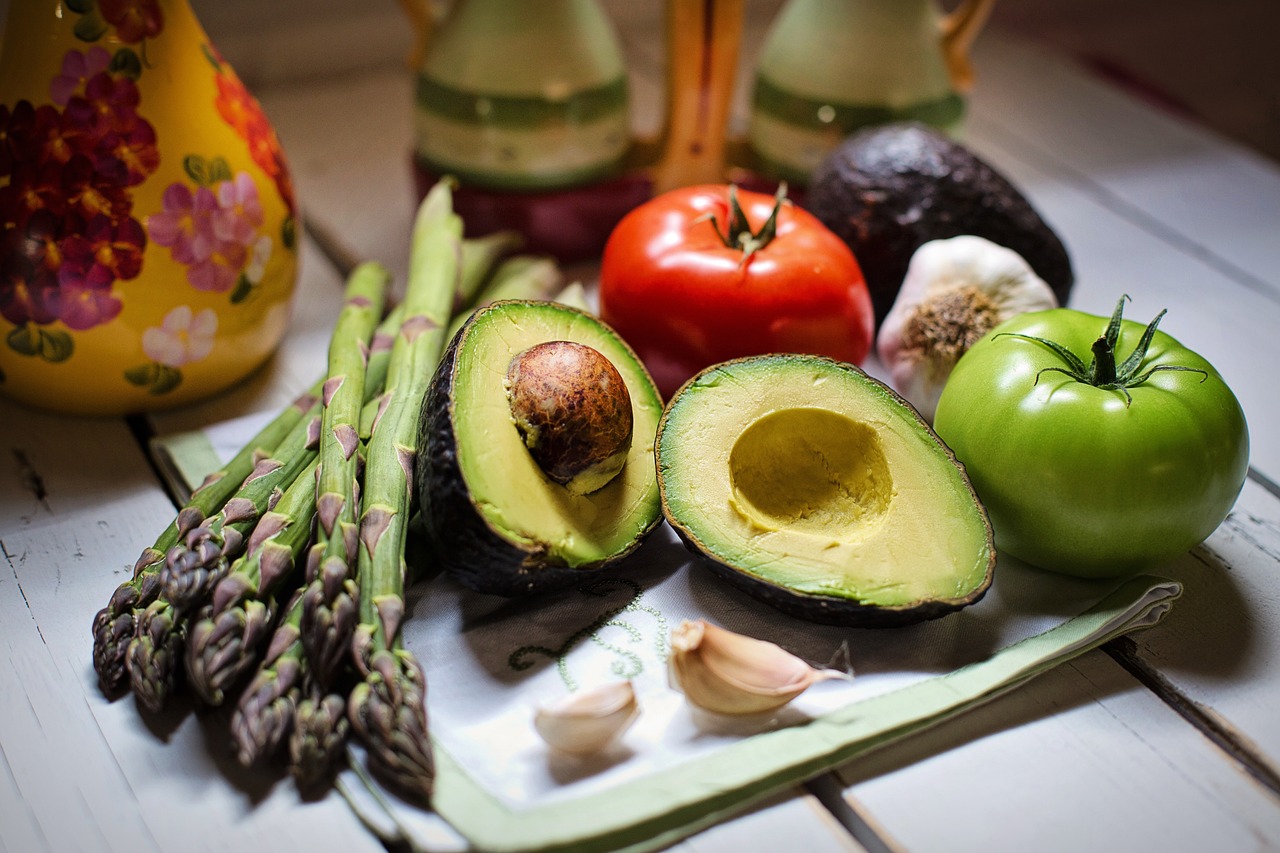
Berries:
High in antioxidants and low in sugar, berries are a great way to satisfy your sweet tooth while also getting a dose of vitamins and fiber.

Broccoli:
This cruciferous vegetable is loaded with vitamins, minerals, and fiber, making it an excellent addition to any diet.
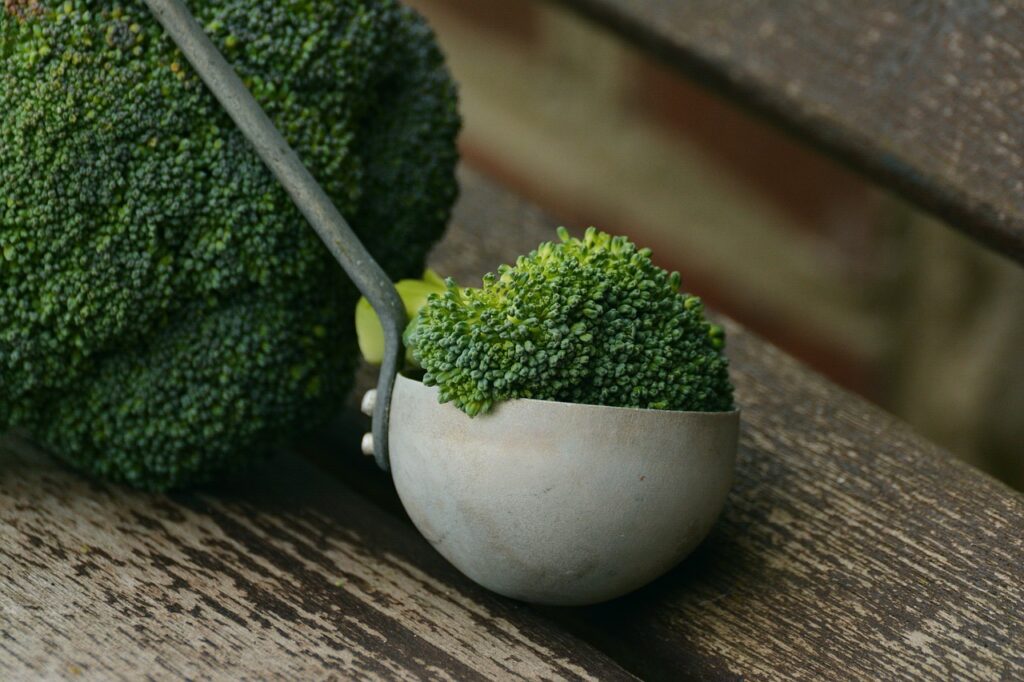
Carrots:
Rich in beta-carotene, which is converted into vitamin A in the body and essential for eye health.
Chia seeds:
These tiny seeds are a great source of omega-3 fatty acids, fiber, and protein.
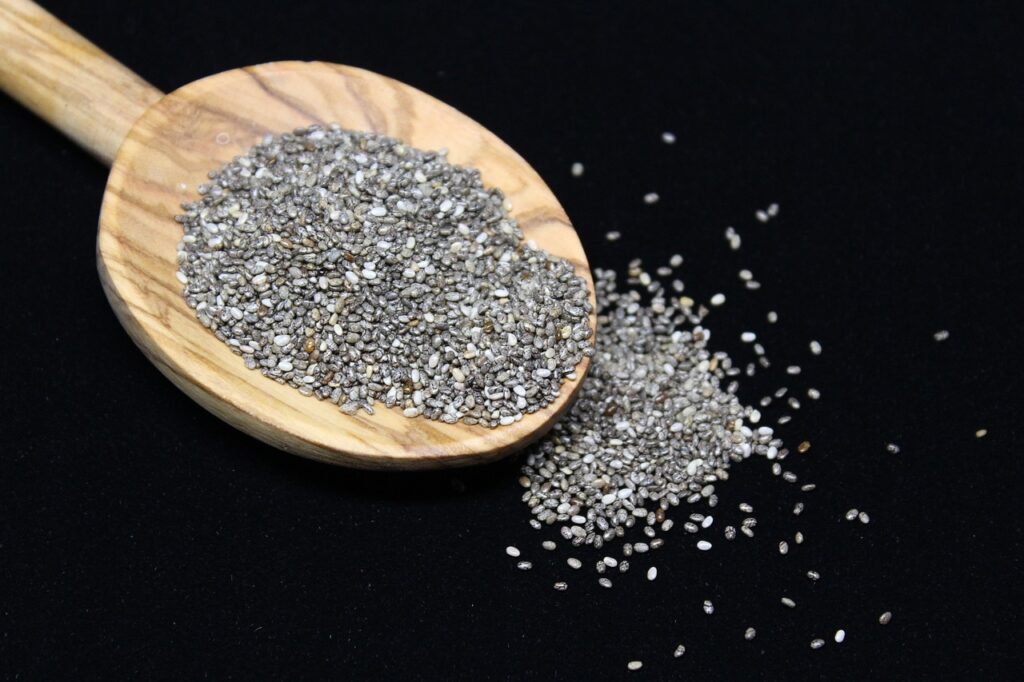
Chickpeas:
Packed with protein, fibre, and essential nutrients, chickpeas are a great addition to salads and soups.
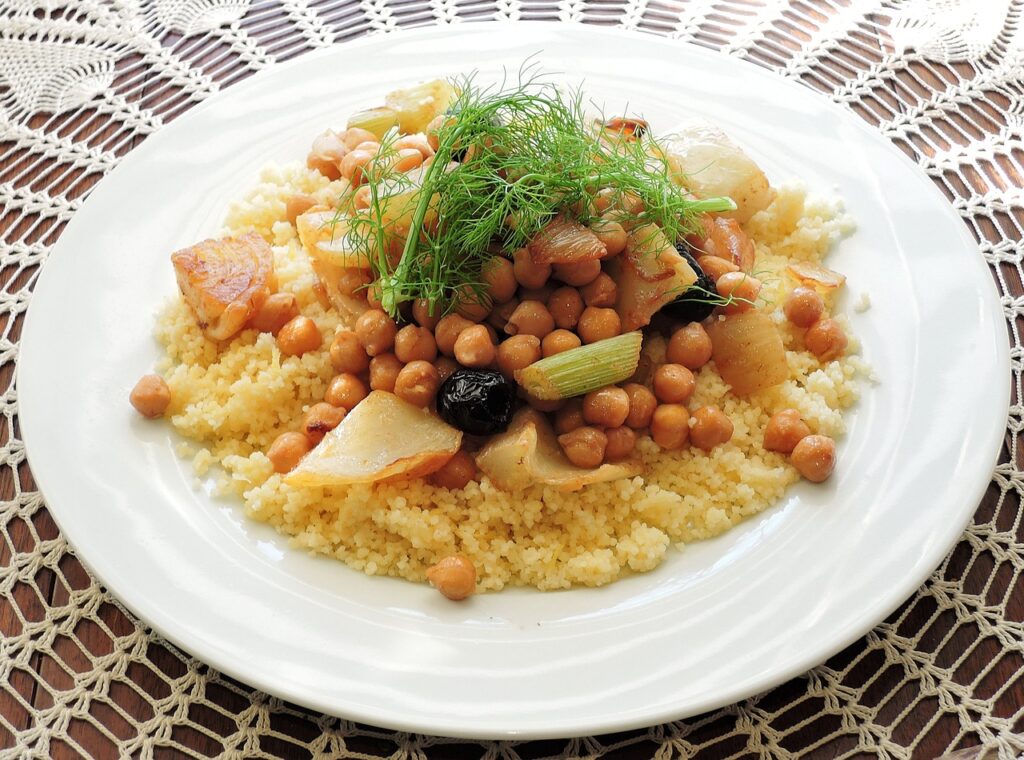
Dark chocolate:
High in antioxidants and mood-boosting compounds, dark chocolate is a guilt-free indulgence.
Eggs:
A great source of protein and essential amino acids, eggs are an excellent breakfast option.
Fatty fish:
Rich in omega-3 fatty acids, fatty fish like salmon and tuna can help reduce inflammation and improve heart health.
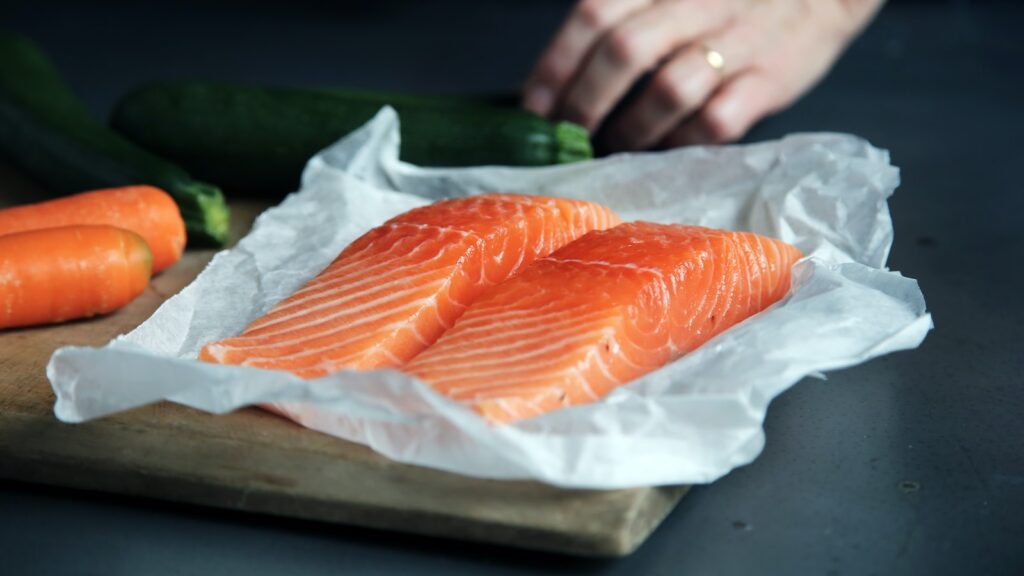
Garlic:
This flavorful herb has been shown to have numerous health benefits, including reducing the risk of heart disease and cancer.
Greek yoghurt:
High in protein and probiotics, Greek yoghurt is a great option for a healthy breakfast or snack.
Green tea:
Loaded with antioxidants and compounds that boost brain function, green tea is a great alternative to coffee.
Kale:
Packed with vitamins, minerals, and fiber, kale is a nutrient-dense leafy green.
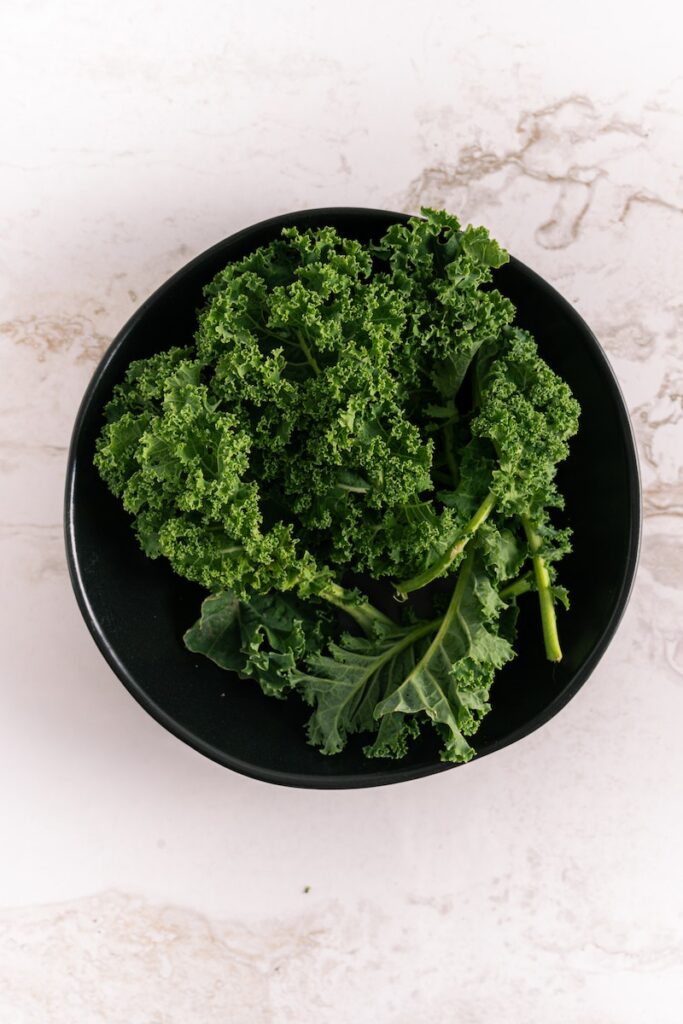
Lentils:
High in protein and fiber, lentils are a great option for vegetarians and vegans.
Nuts:
Rich in healthy fats, protein, and fibre, nuts are a great snack option.
Oats:
High in fibre and protein, oats are a great breakfast option and can help lower cholesterol levels.
Oranges:
Rich in vitamin C and other essential nutrients, oranges are great for boosting the immune system.
Quinoa:
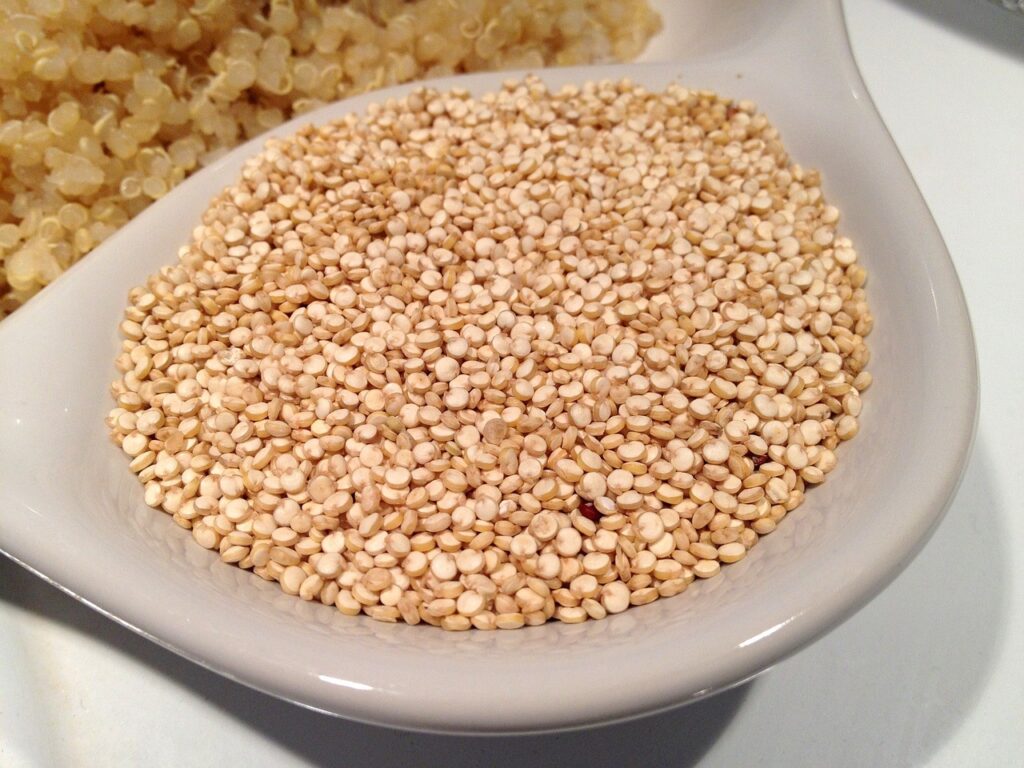
A great source of protein and essential amino acids, quinoa is a great alternative to rice or pasta.
Red wine:
High in antioxidants and compounds that improve heart health, red wine can be enjoyed in moderation.
Spinach:
Packed with vitamins, minerals, and fibre, spinach is a nutrient-dense leafy green.
Sweet potatoes:
Rich in beta-carotene and other essential nutrients, sweet potatoes are a great alternative to regular potatoes.
Tomatoes:
Rich in lycopene, a powerful antioxidant, tomatoes are great for reducing the risk of heart disease and cancer.
Turmeric:
This anti-inflammatory spice has been shown to have numerous health benefits, including reducing the risk of Alzheimer’s disease.

Watermelon:
High in water content and essential nutrients, watermelon is a great way to stay hydrated.
Whole grains:
Whole grains such as brown rice and quinoa are rich in fibre and vital nutrients, making them excellent for promoting digestion and enhancing overall health.
Wild rice:
High in protein and essential amino acids, wild rice is a great alternative to regular rice.
Yoghurt:
High in probiotics and essential nutrients, yoghurt is a great snack option for digestive health.
Bell peppers:
Rich in vitamin C and other antioxidants, bell peppers are great for boosting the immune system and reducing inflammation.
Edamame:
A great source of plant-based protein and fibre, edamame makes for a healthy and filling snack.
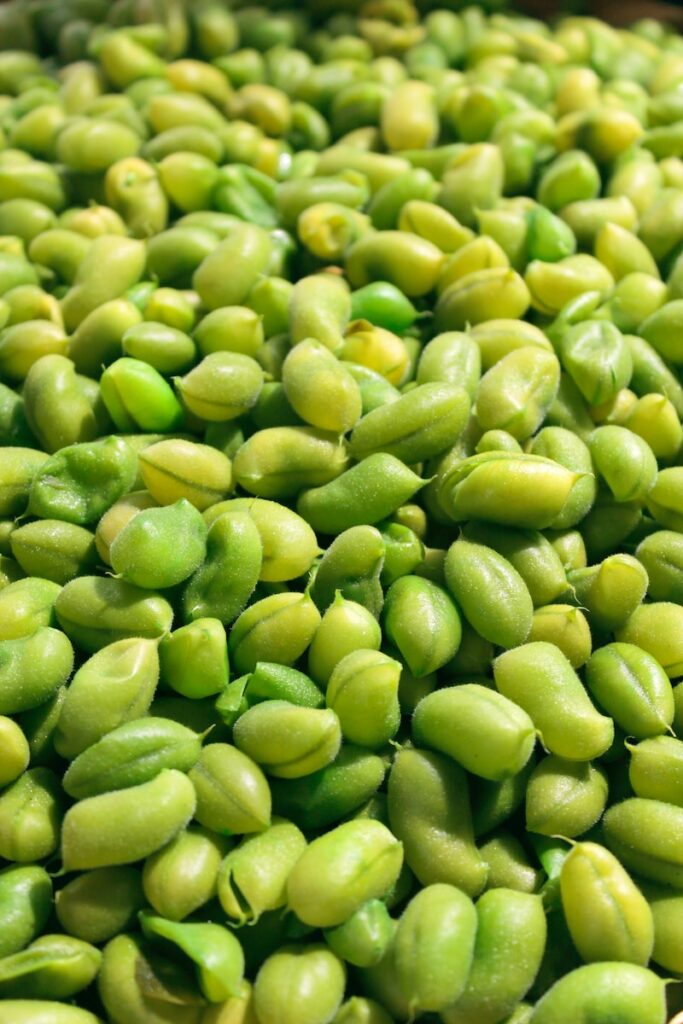
Ginger:
Has shown to help with digestion and reduce muscle soreness as it possesses anti-inflammatory properties.
Note
It is important to consult with a healthcare professional or registered dietitian before making any significant changes to your diet to ensure that they meet your nutritional needs.
